How can we influence our habits? Specifically of interest for musicians – our practice habits! How can we reach our peak potential? How can we make our time in the practice room most effective?
These are questions that have interested me for as long as I have been doing music. I devour books on learning psychology, sports psychology, brain plasticity, brain health, habits and so on. For a while I took a detour from music to focus on these topics exclusively. NLP helped me personally with some issues, so I wanted to study it and became a Master Practitioner and Trainer, trained by the folks who developed it, such as Richard Bandler, Judith DeLozier, Robert Dilts, Betty-Alice Erickson and others; I also attended Saybrook University’s PhD program for a year;
NLP focuses on how language affects our behavior to achieve better results, be it the language we use with ourselves or how we talk to others. I assisted people with changing their habits for a while, but I could not stay away from playing and teaching music for too long and returned to it as a career. My interest in these matters and what I have learned from NLP and Psychology (and continue to learn) continues to benefit me every day.
The Value of Pauses for Practicing

Practicing habits, how we motivate ourselves or how we push through performance anxieties (even if nobody is listening!) are such an integral part of a musician’s journey. I know a thing or two about these things, so I decided to share some of what has helped me on these topics in my blog even if they are not hands-on-fretboard. I believe they will still very much be worth your time.
I am a big fan of Dr. Noa Kageyama’s newsletter. Noa is a Julliard trained violinist as well as a Sports Psychologist. He specializes in performance enhancement, reduction of anxiety and audition preparation for orchestral musicians. I took a few skype lessons with him and read several books he recommended. A lot of what he has to say and shares is directly applicable for us bassists and the situations we play in, and the kinds of music we play. In the blog post linked below he comments on the value of short (about five seconds long) pauses while practicing. The most effective practice may not happen while we move our muscles!
I have observed in myself as well as my students that this constant urge to move the muscles can actually inhibit the learning process. I’d even go a step further and bring in some concrete things to do in the actual pause, such as mentally trouble shooting what could be done better, or listening back to a recording.
Read about the research Noa is reviewing here. I am thinking about printing out paragraph 2 of the section “The Value of the Pause” and hanging it up in my teaching studio! Or putting up an actual piñata as a reminder to take a pause, rather than being busy blindly hitting an invisible target and exhausting yourself in the process! Have a read and let me know what you think.
The short of it: 5 second pauses between repeats scored the most improvement.
Enjoy!
Dr. Noa Kageyama’s post: For more perfect practice try longer pauses
photo credit: <a href=”http://www.flickr.com/photos/28268328@N00/3012176223″>Pinata Pony</a> via <a href=”http://photopin.com”>photopin</a> <a href=”https://creativecommons.org/licenses/by-nc-sa/2.0/”>(license)</a>



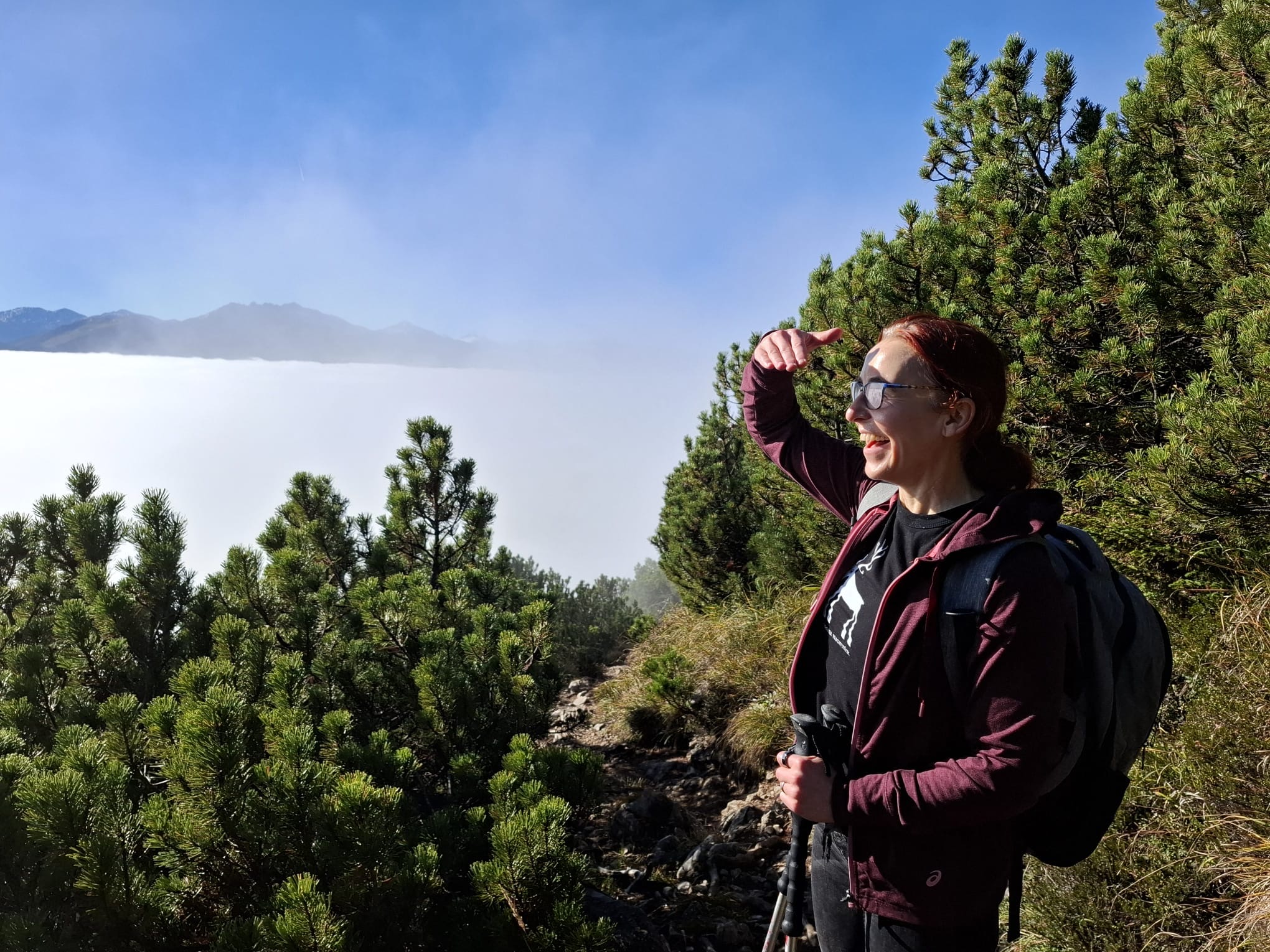

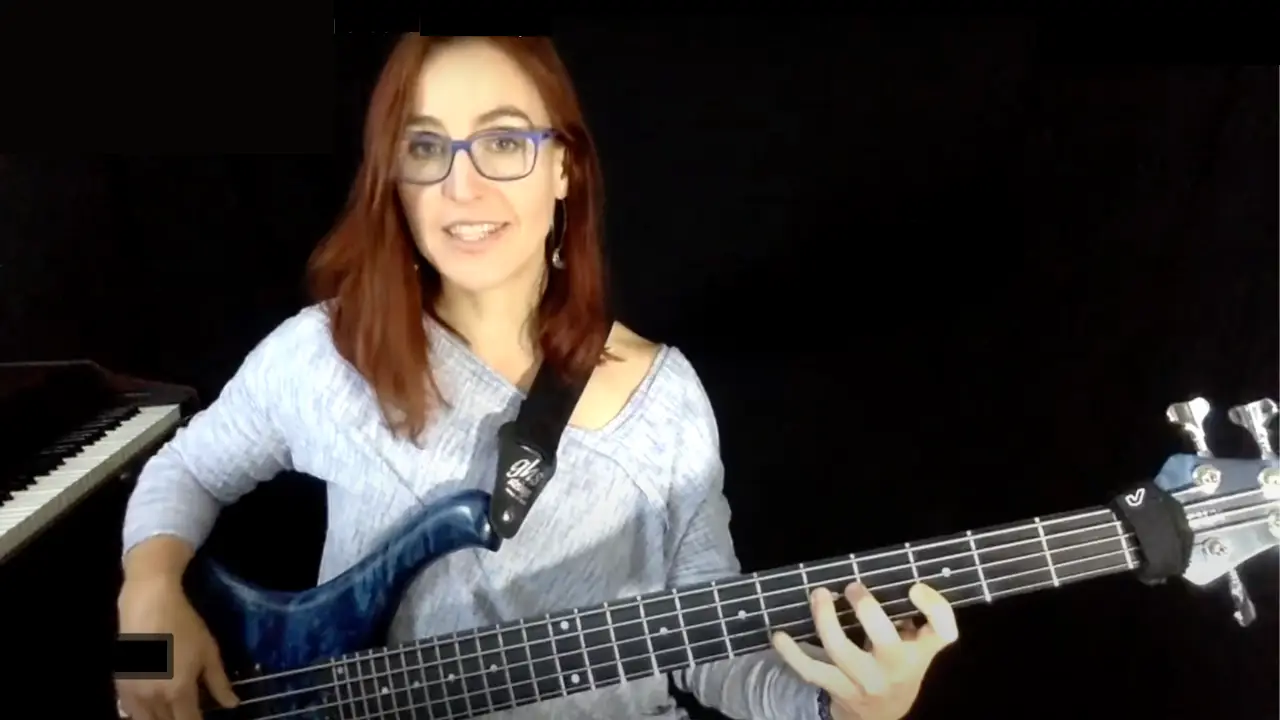
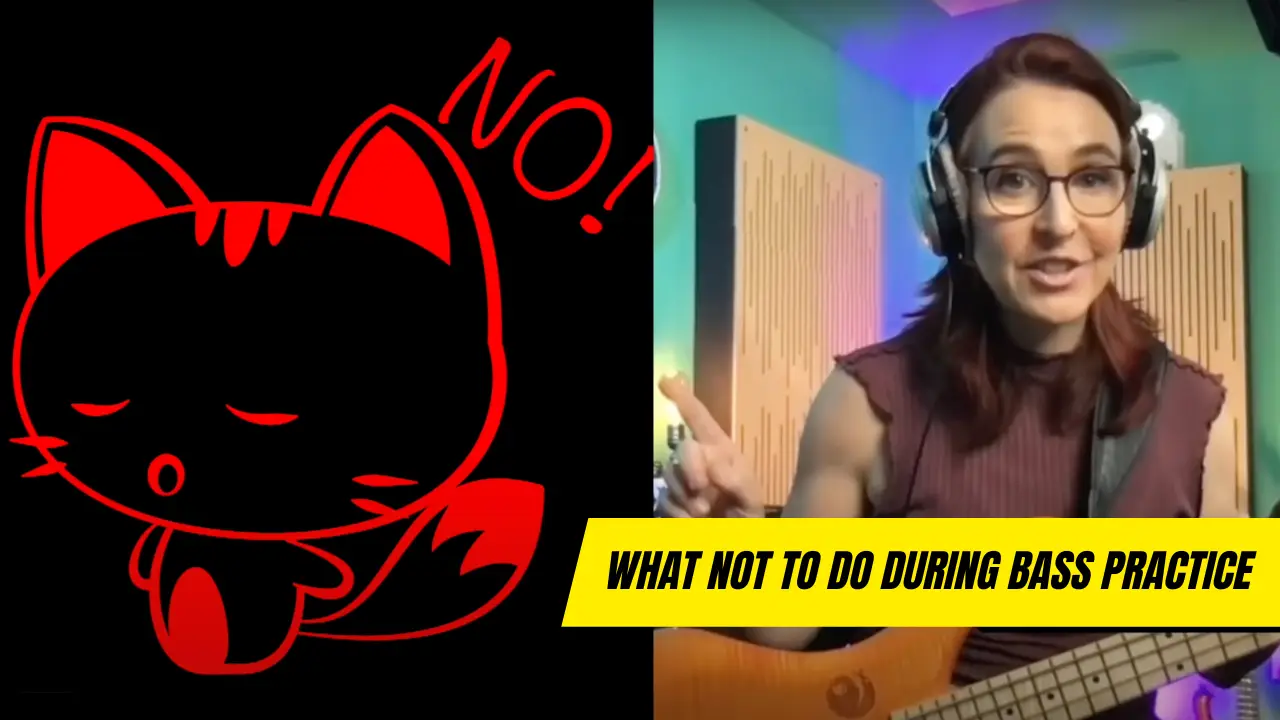
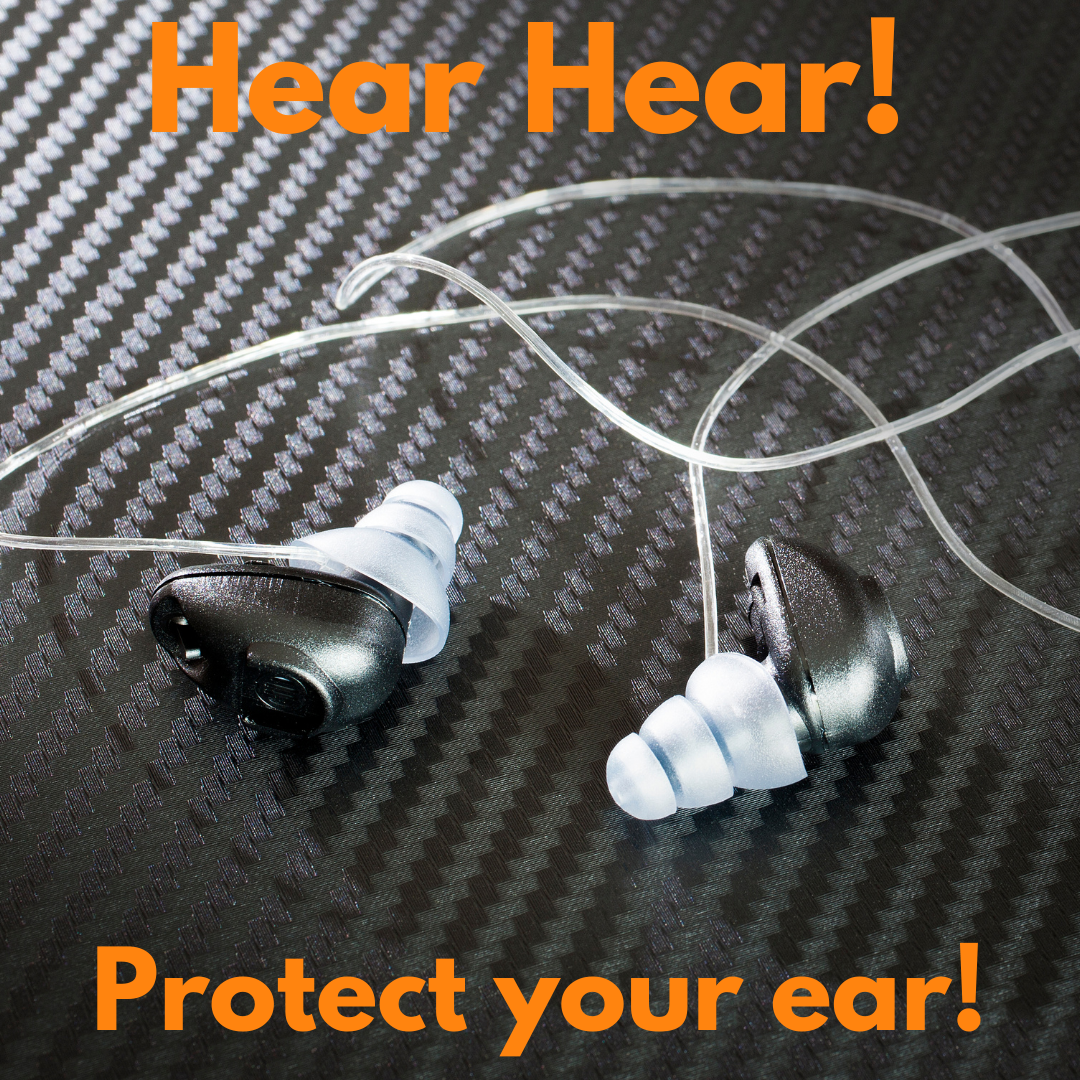
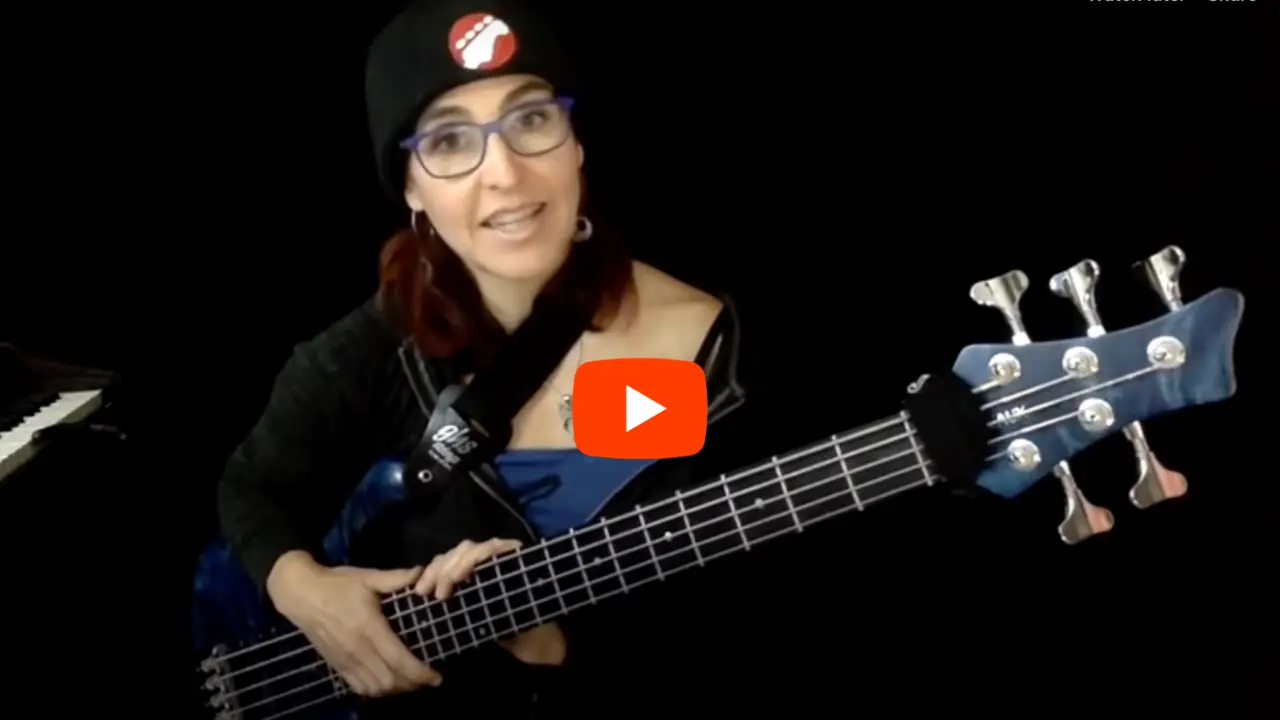
4 Replies to “The Value of Pauses for Practicing”
Thank you introducing me to these articles. This is really helpful. My practice was beginning to get stale, and reading this article has made me rethink how I practice. I have gone on and read more of these articles and find them enlightening and will incorporate them into my learning. This is why you a such a great teacher, not only am I learning how to play, but how to really get the most out practicing.
Thank you, Jesse, great to hear!
This is great info Ariane, very interesting, as well as Dr Kayegama’s post. Thanks for sharing!
Ari,
I’ve been reading Dr. Kageyama’s newsletter also, and I’ve found it truly valuable. Thanks for the confirmation and validation.